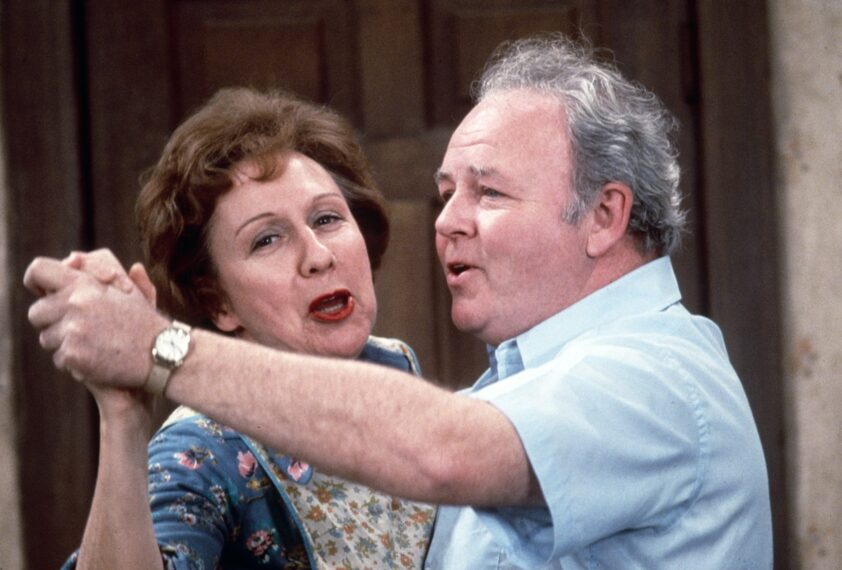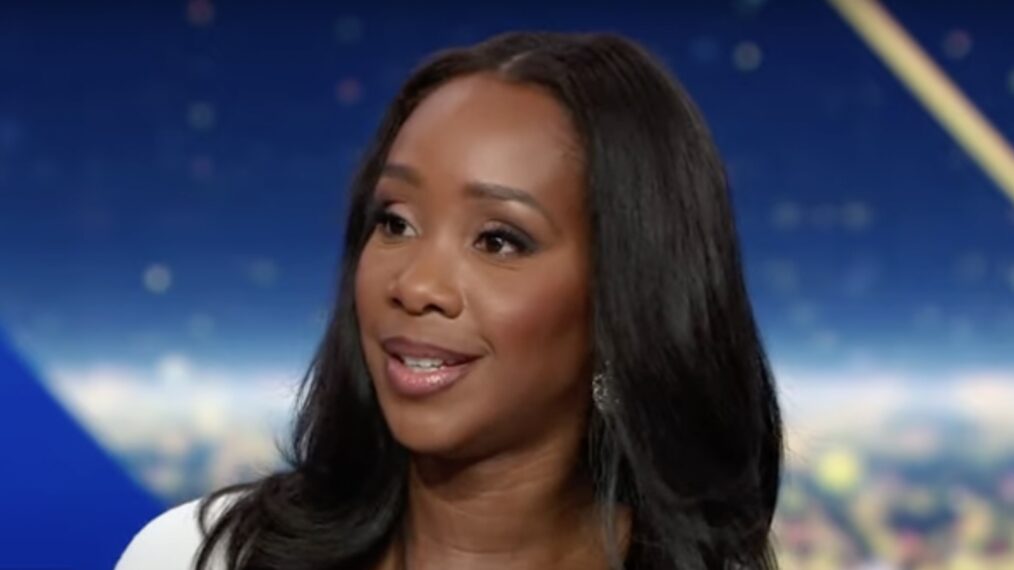Comedy Is Dead And Audiences Killed It

Ask anybody, and they’d tell you that comedy isn’t what it used to be, for better or worse.
In 1971, during a time when race relations were at their worst, Norman Lear dropped one of the most profound TV shows of all time, All in the Family, to much success. When the world was at the apex of the greatest human progressions it would ever see–women’s liberation, sexual orientation, and civil rights–the series tackled those subjects head-on from both ends of the spectrum, and in the end, we as audiences grew more of an understanding of each other, our stances, all while laughing.
What the hell happened?
At some point during the 2010s, modern-day society went from hating political correctness to embracing it. During this time, a hodgepodge of politics, gender, and racial issues began to divide the world. Suddenly, nuanced sensibilities surrounding the above subjects were no longer mainstream. Suddenly, insightful jokes about racial issues were interpreted as racist jokes, no matter the intent, context, or punchline.

©CBS/Courtesy Everett Collection
Suddenly, anything that made fun of anything that made individuals different from one another, be it looks, creeds, cultures, etc., was seen as punching down, and you could only bring people/places/things to task if you were of those people/places/things. No one wants to be challenged anymore, and any attempt at it is seen as a personal tread on one’s ideals.
As a result, comedians no longer served as the voice of the people, as Richard Pryor, George Carlin, and countless others had for so many decades before, because now, the internet gives everyone a voice, for better or worse.
As a result, the art of comedy became less appreciated, and folks began getting their laughs less from poignantly crafted material and more from regurgitated memes and online skits. As a result, comedy became more subjective, and fast forward to the present; there hasn’t been a successful comedy film in over a decade, and your average citizen is far more ruthless and disrespectful online (for the lulz) than any comedian could ever get away with on stage.
As a result, comedy as we knew it died.
Thanks to the division planted in us from social media, people began to garner around more like-minded folks. Those who shared their worldview, whether they be politicians, media outlets, or comedians, before any concern for how good they are in their profession came to mind, including being funny. It’s why mainstream comedies fail; the target audience is too broad. The last successful comedy that wasn’t also a superhero movie was Ted in 2012 (We don’t include Men in Black 3 since MIB is based on a comic book and attached to a blockbuster franchise). It’s also why TV is the only place where comedies can somewhat prosper. TV taps into the niche and doesn’t have to appeal to an audience wider than its core audience. Plus, the movie business plays it safer, and before the ensuing writers and actors strike, streamers were giving shows the green light left and right.
It’s the only reason uber-niche network shows like Bob Hearts Abishola can prosper despite its very off-kilter premise. Without adult animations like Rick and Morty, BoJack Horseman, and Futurama holding it down, crass comedy would be all but dead (cartoons are the only thing left that can be kind of offensive these days, for some reason). Even streamers like Netflix are the only way sitcoms like The Upshaws have been able to evolve, seamlessly weaving network family dynamics with late-night swearing and flagrant n-bombs without a hiccup, elevating the format beyond what’s been possible up until now.
Otherwise, the very unfunny Saturday Night Live is the only thing left to represent mainstream funny.
“So you’re saying comedy is dead because crassness and punching-down is out of style, you edge lord?”
Nope.
Social media is as vicious as an Xbox Live chat filled with young people from the late 2000s. Except now it’s not just gamers but your parents and grandparents, too. So the excuse of society shifting away from “punching down” is as tired as comedians using cancel culture to hide from their lack of popularity. Social media rewards punching down all day, as long as it’s the right people getting punched and the right people doing the punching. We reward it with engagement, whether we agree with the subject at hand or not (just take a look at the comment section of this post, I’m sure), and the more rude and disrespectful, the better.
“So you think comedians should just be able to say whatever they want and not get in trouble for it?”
That’s not what I’m saying at all. Like the late great comedian Patrice O’Neal once said, “You can say anything you want; it may not be funny, you might get in trouble for it, but you should be able to attempt it.” If you say something stupid, and people react negatively, then you made a mistake. And if you’re a mature adult, you’ll own it instead of hide or make excuses for it. However, comedians shouldn’t feel the need to stifle or placate material for the off-chance someone in the audience may feel offended, either.
Just as audiences need to accept their ideals being challenged once in a while (especially when it’s through comedy), comedians themselves need to evolve beyond the present-day climate as well. New comedians raised in this culture have already begun to show what comedy could be (for better or worse), like Chris Fleming, Matt Rife, and a few others we’re missing. And veterans like Bill Burr and Brian Regan have withstood the test of time because they adapted to the times. To use society as the reason why you’re not popping off as a comedian is an excuse, by and large. And sadly, this generation’s greatest, Dave Chappelle, is putting his GOAT status on the line by refusing to evolve beyond his own philosophies or agendas.
And that’s all of us.
We’re all playing it safe—audiences, comedians, and Hollywood execs alike. No one wants to evolve beyond our current state of disconnect. Everyone wants to be heard, but nobody wants to listen. Some on stage don’t care about the craft at all and just want to be famous (red flag). Everyone is trying to evoke change, but no one wants to change. Yes, audiences have always chosen whose work they want to follow and support based on their own value systems. But now it’s gotten to the point where we’re unable to have a perspective beyond our own or even hear one. There is a middle ground, but no one wants to compromise.
So, what am I really saying here? I’m saying comedy has lost its edge. There’s nothing profound about it anymore. Audiences and those in charge of funny are content with this never-ending stalemate of ideologies, and the genre, the very art itself, has suffered due to it.
Comedy was better back when it was trying to say something.
And that’s on us. All of us.
Change our mind in the comments below!




